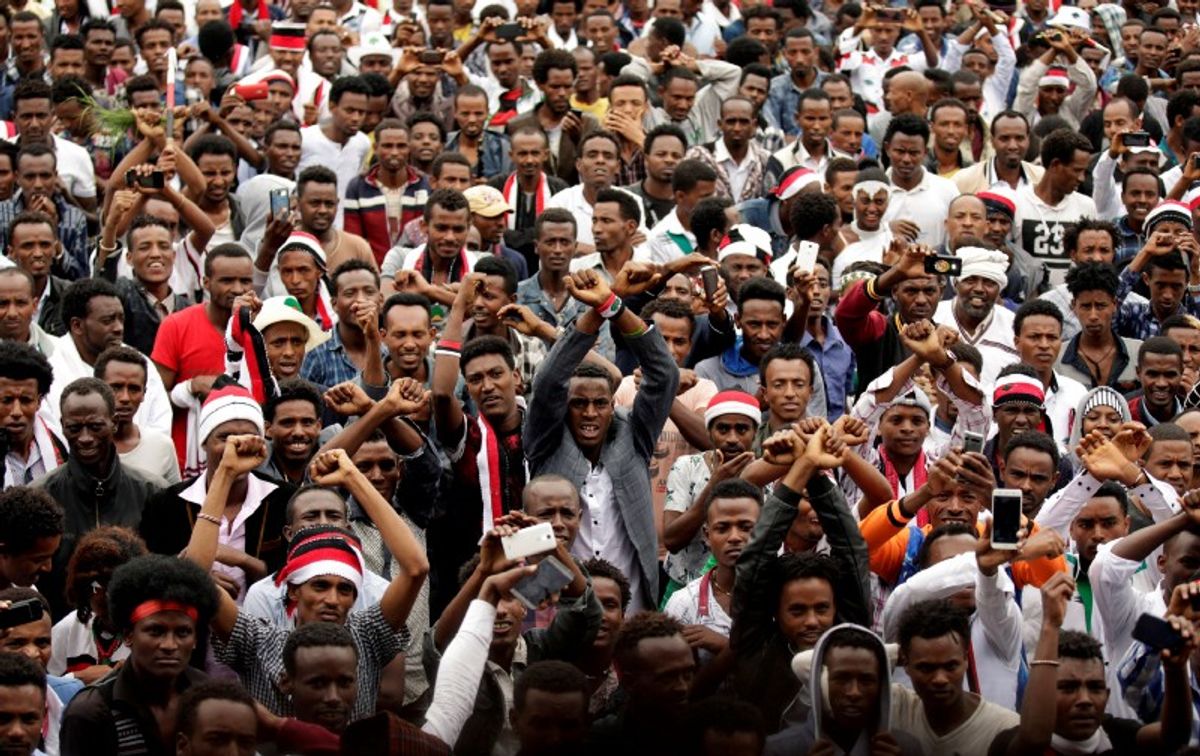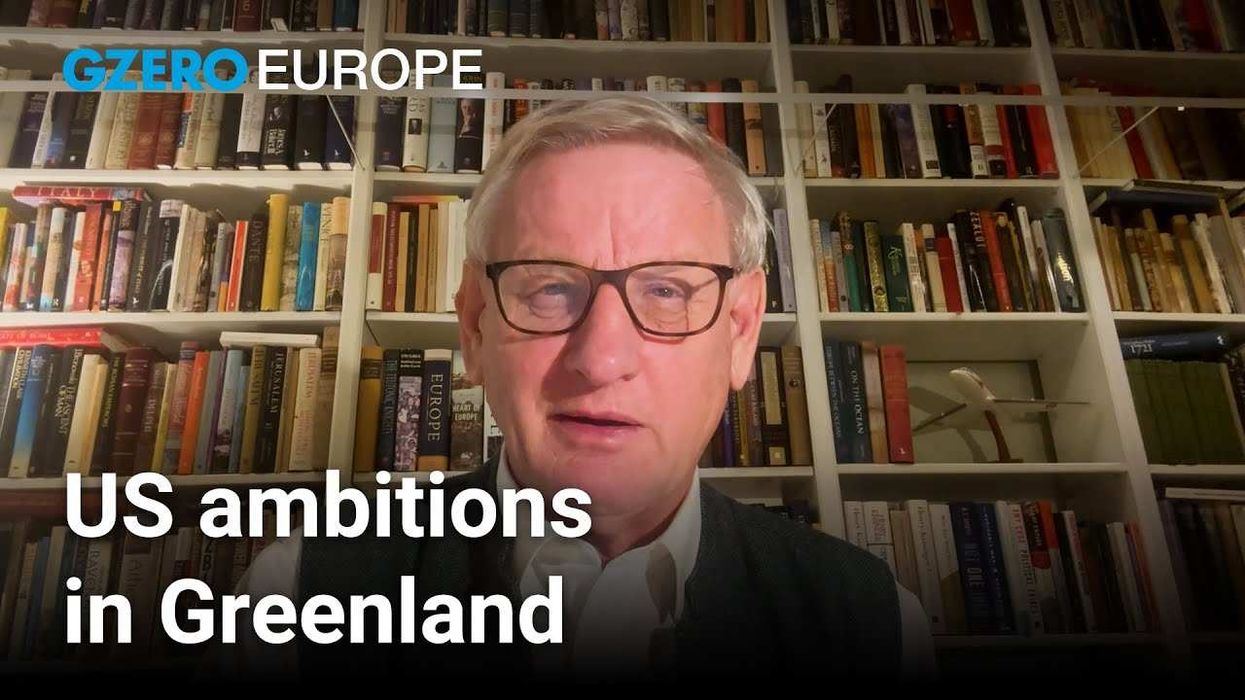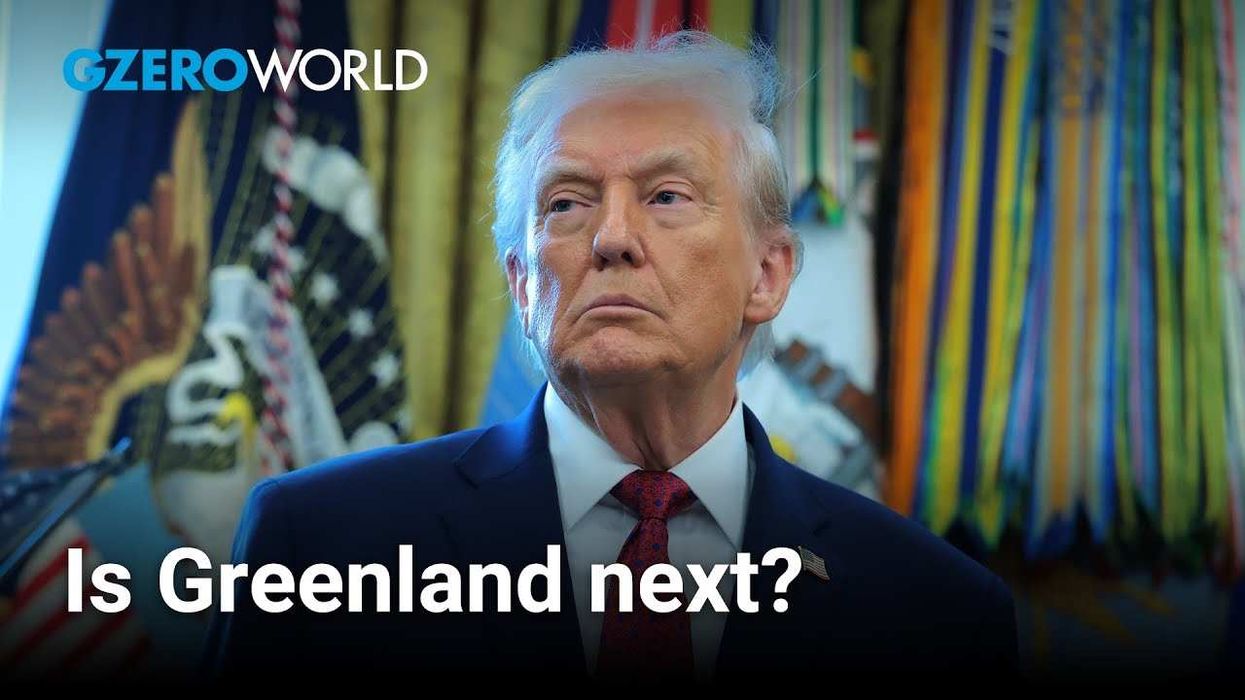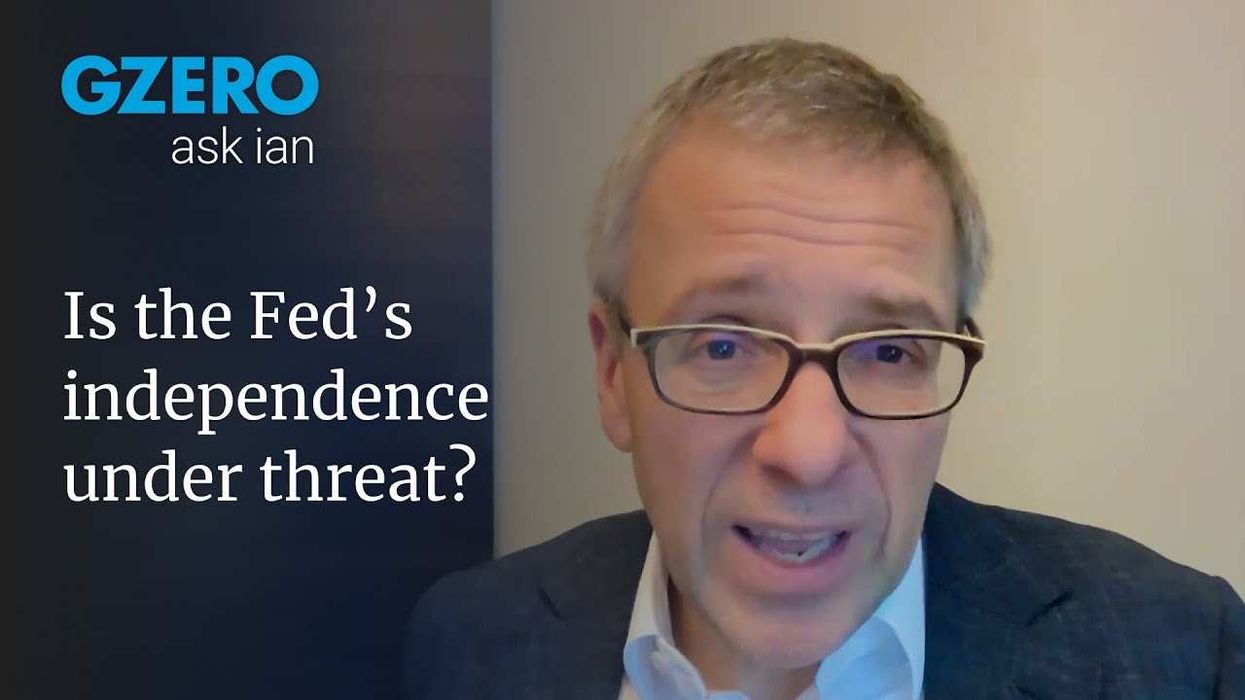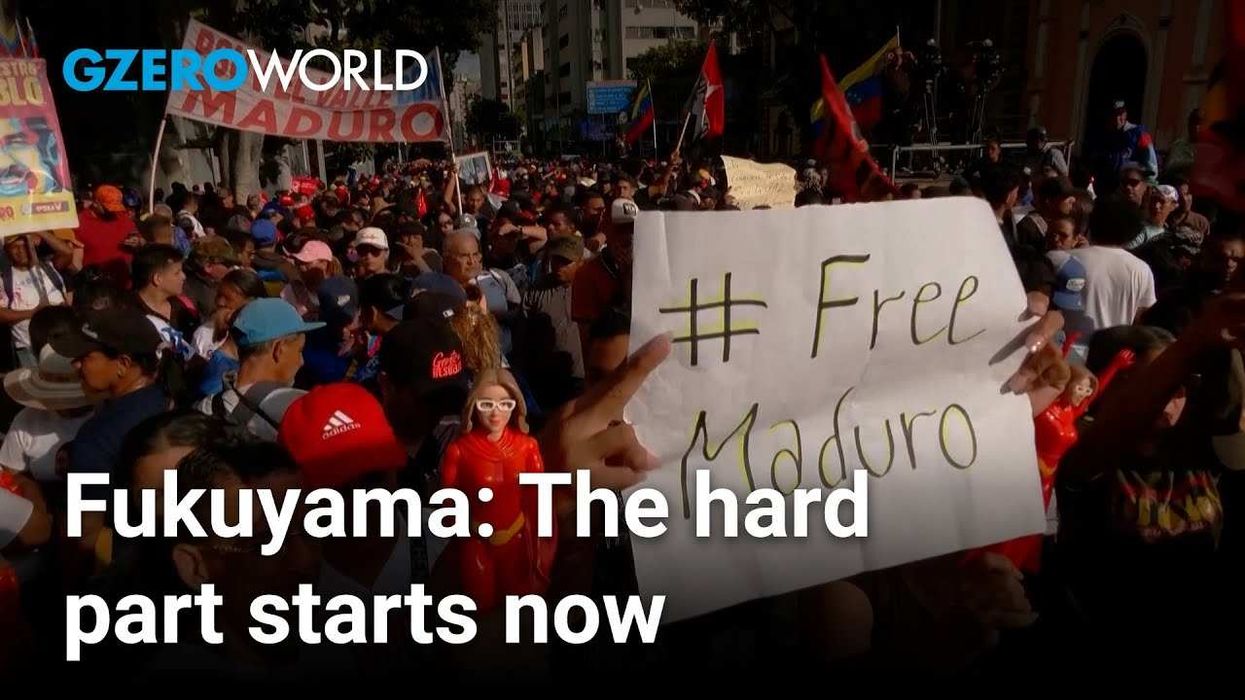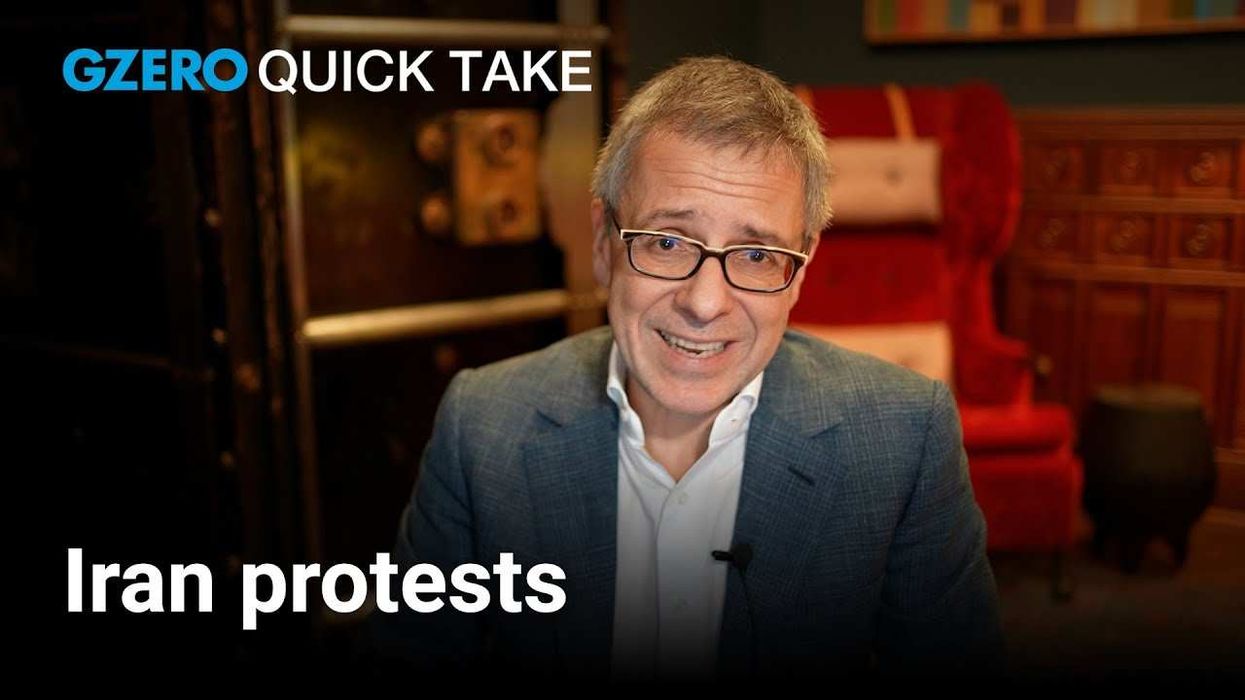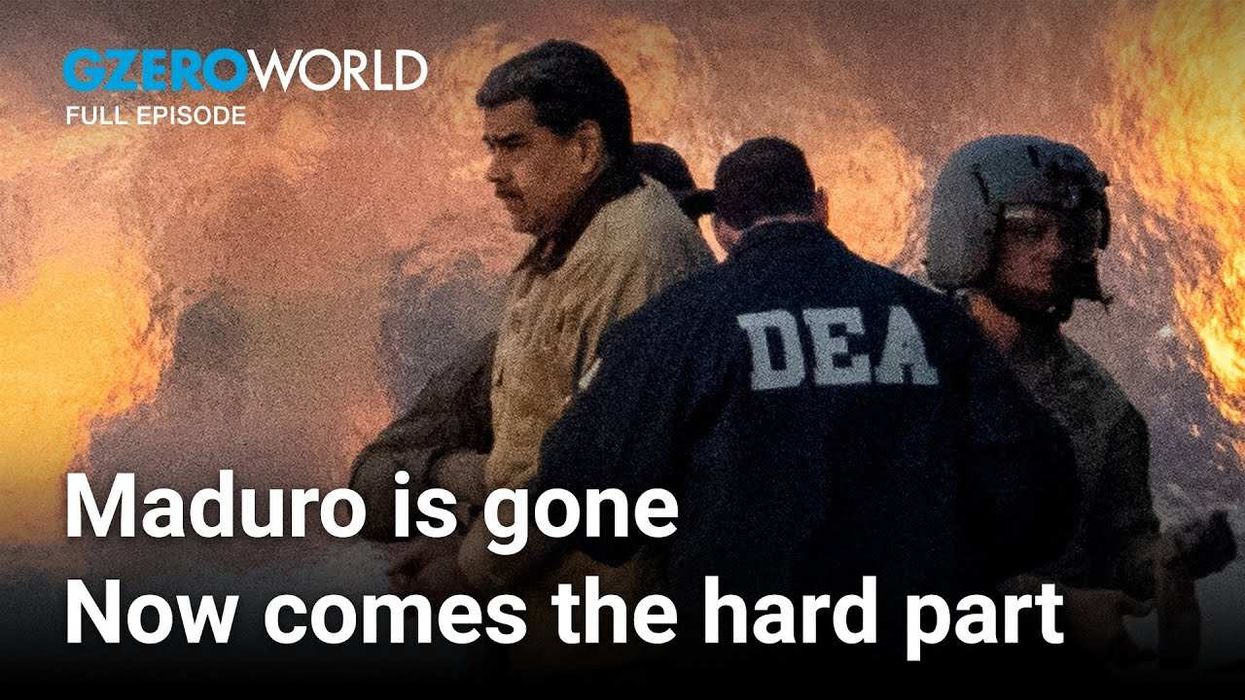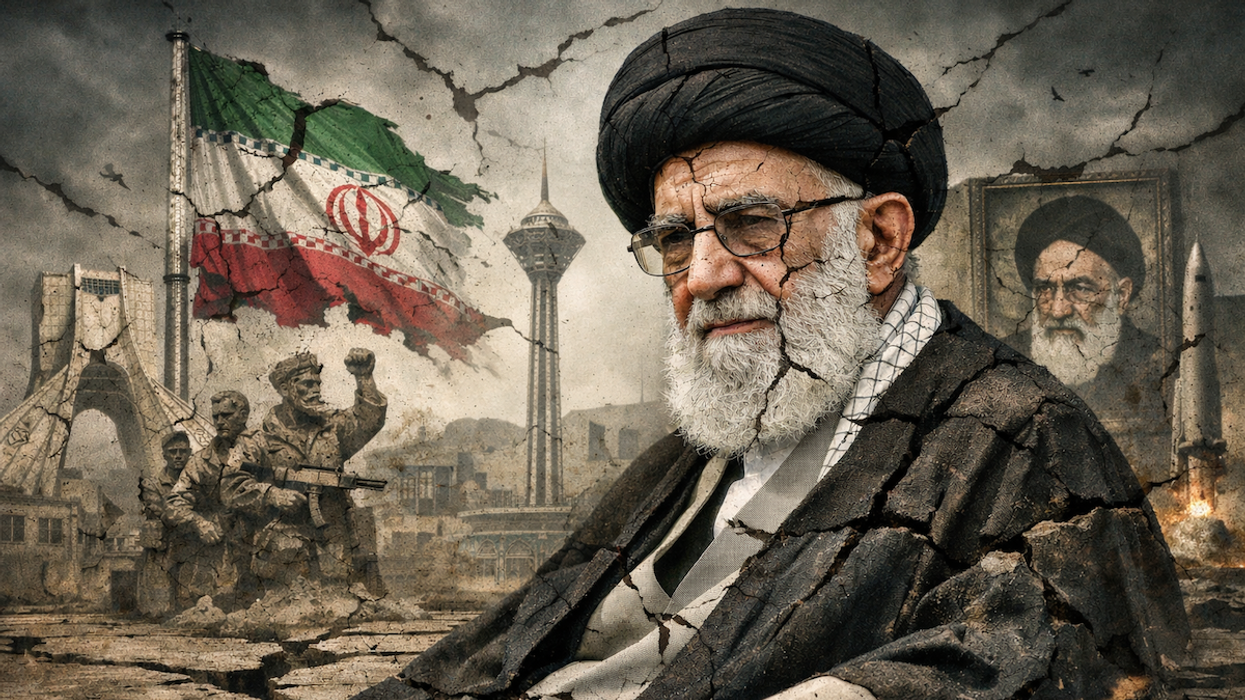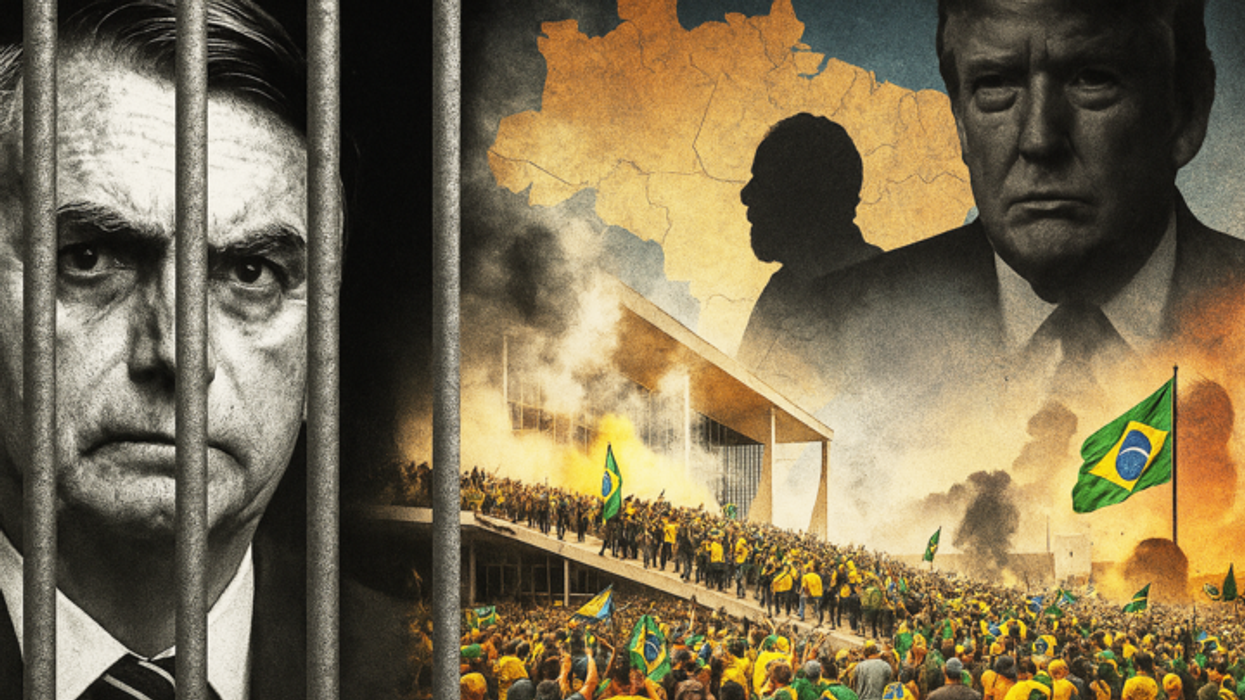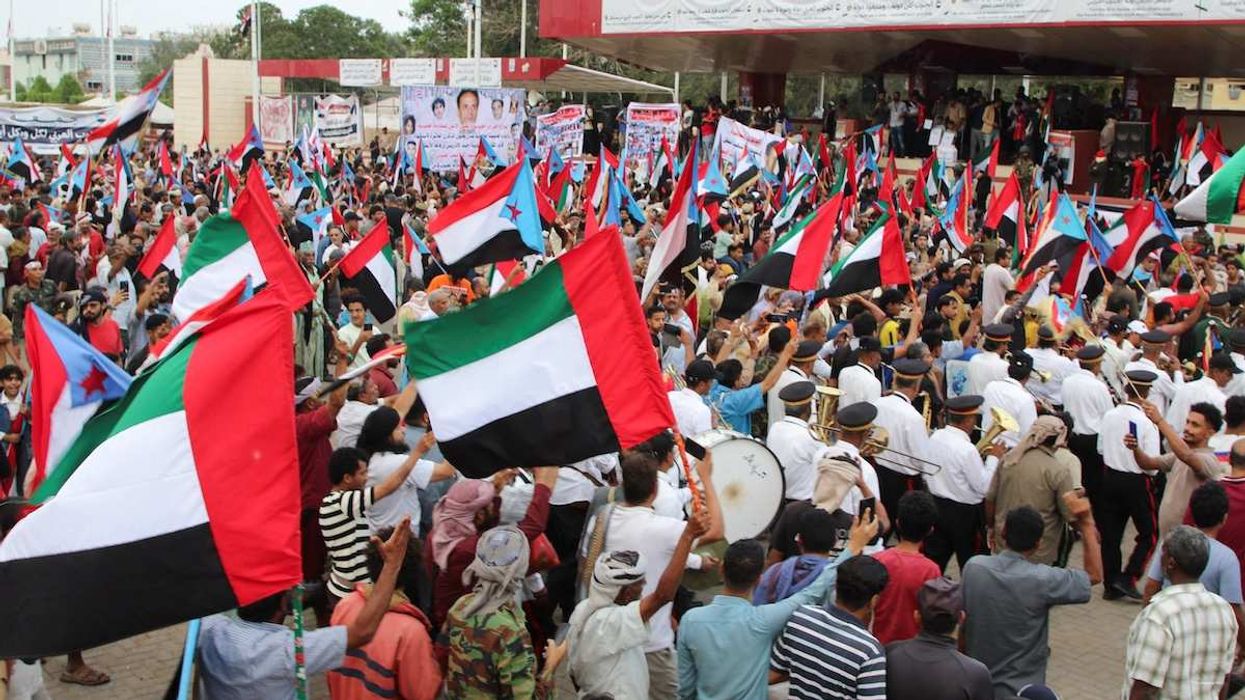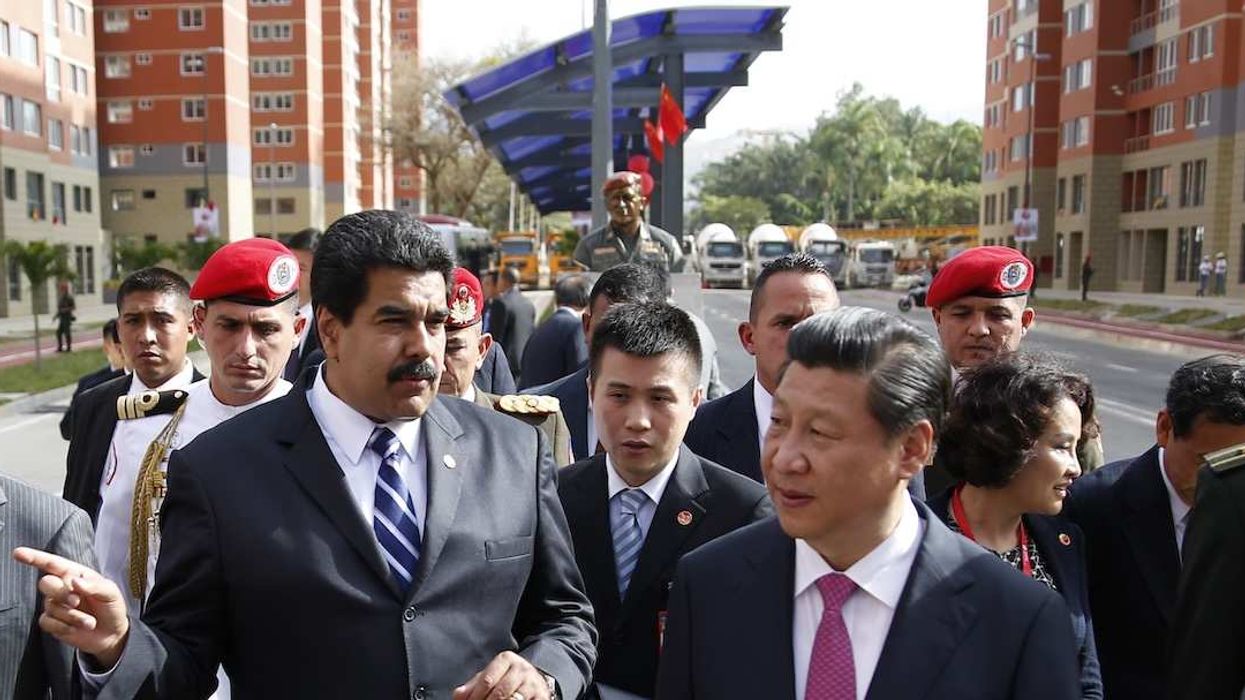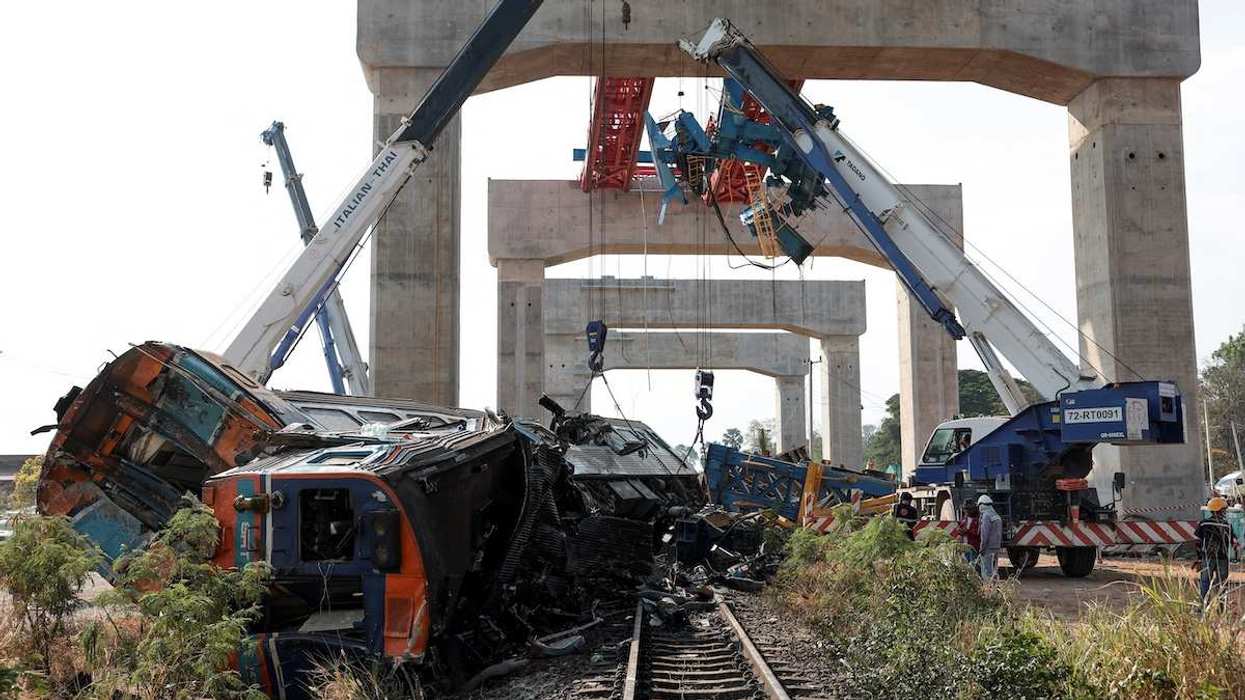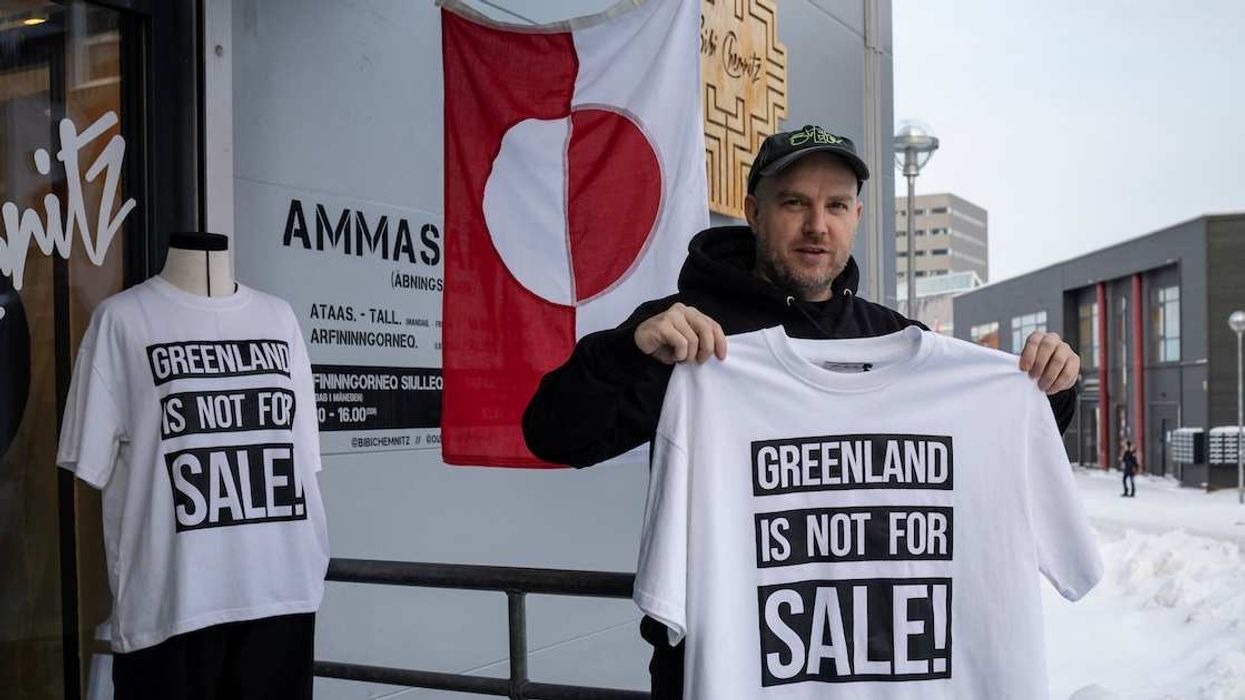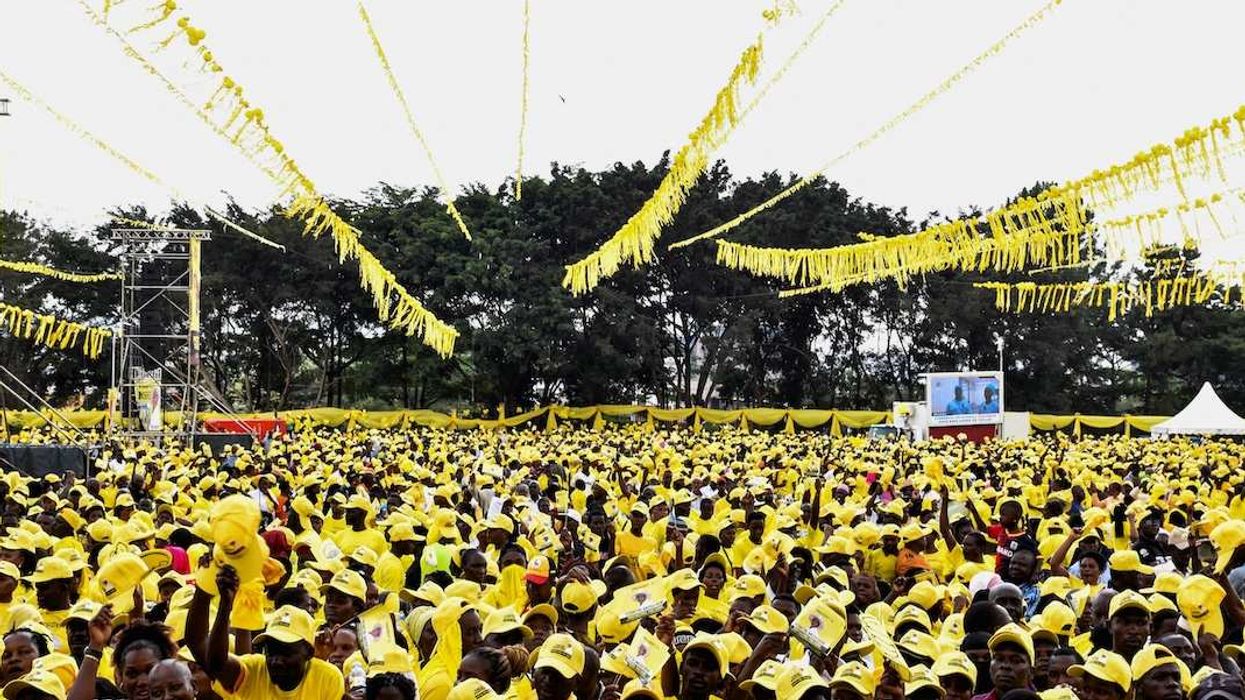Home to more than 100 million people, Ethiopia has been one of Africa’s brightest success stories of the past two decades. In 2000, it was the third poorest country on Earth. Between 2000 and 2016, Ethiopia was the third-fastest growing major economy, behind just China and Myanmar, and the country has remained an island of stability in the terrorism-plagued Horn of Africa. That’s where the good news stops.
Ethiopia is now burdened with severe wealth inequality, high unemployment, particularly for young people, and deadly ethnic unrest. In response to intensifying protests, the government declared a state of emergency in October 2016 and in the ensuing months arrested 29,000 people, according to the country’s defense ministry. The emergency order was lifted in August 2017, but protests have continued.
On January 3, in response to long-standing charges of human rights abuses in the country, Prime Minister Hailemariam Desalegn promised to free all political prisoners and shut down a prison that rights advocates say has been used for torture. But this announcement was followed quickly by a correction. Someprisoners will be freed, though it’s not clear exactly how many. This week, the government said it would drop charges against hundreds of people, but only after they completed two days of “rehabilitation training.” Opposition leader Merera Gudina was among 527 people freed on Wednesday. He served more than a year in jail.
Outsiders have been reluctant to pressure Ethiopia’s government because it has proven a valuable counter-terrorism ally, but pressure from within the country appears to have forced the prisoner release, even if it’s not as sweeping as it first appeared. We’ll keep watching.
